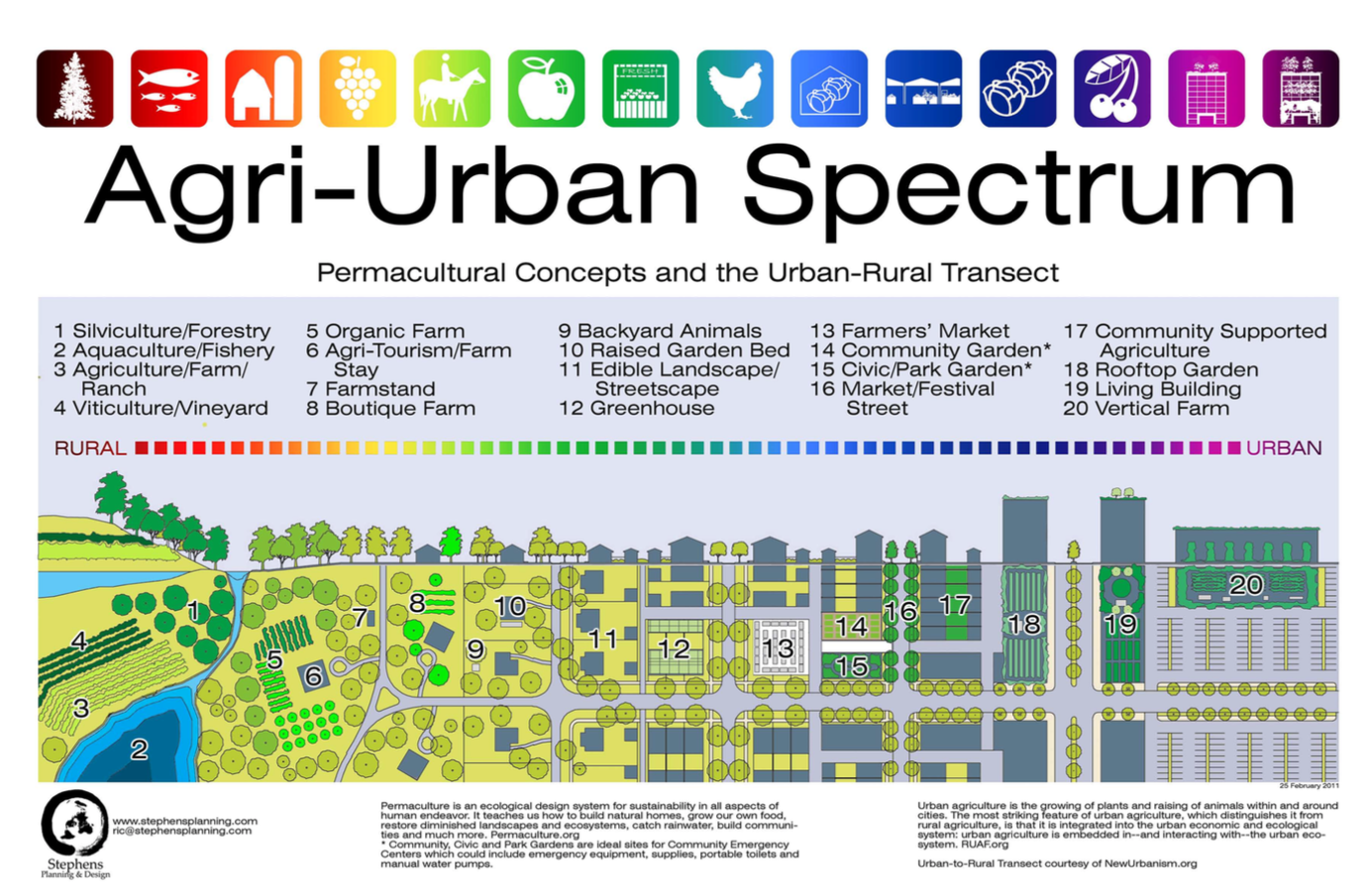
http://www.stephensplanning.com/
Our relationship with our food has changed, as has the perception of our impact. These two elements of our introspective analysis have come together in our search for a better way address hunger, be less wasteful, be more healthy, and become more sustainable. In my own exploration of food and the relationships it has to politics, economics, health, social justice, and the environment, I was connected most with the aspects of food that relate to personal decision making. Larger policy movements, or industrial agricultural systems and the associated consequences quickly move out of reach in terms of effectuating change. Although a systems based approach can make my own actions more integrated on a larger scale, It is important in my mind to direct my energy to making the biggest impact in the most positive way within the constraints of the path I set out for myself. As an individual in a upper middle class income bracket, and one who lives in an expensive city (Seattle), I find that fiscal decisions are the ones I have the most control over.

http://rspb.royalsocietypublishing.org/content/283/1832/20160792
Where do I shop, what do I choose to eat, how do I cook. Land use policy, water management policy, agricultural and industrial energy consumption, global trade policy, these are all things I will not influence in a major way. I have and will continue to be in the built environment and design industries. Focusing my own efforts to be more inclusive, integrated, and sustainable regarding the socio-ecosystem that I am part of is where I can effectuate the most change. Although I do not have an aha moment regarding the political ecology of the world food system, I do find myself to be an active participant in altering how our cities and how our communities are relating to food. My own work will focus on the urban planning aspects of localization, urban farming, and sustainability within urban food networks. Working to make our cities a more livable and human based environment as more of our population become centralized in major urban areas will be a long term challenge. Although impact at scale is important, we each also need to ask where we fit within the world, and how our decisions privately, professionally, and publicly make an impact.
